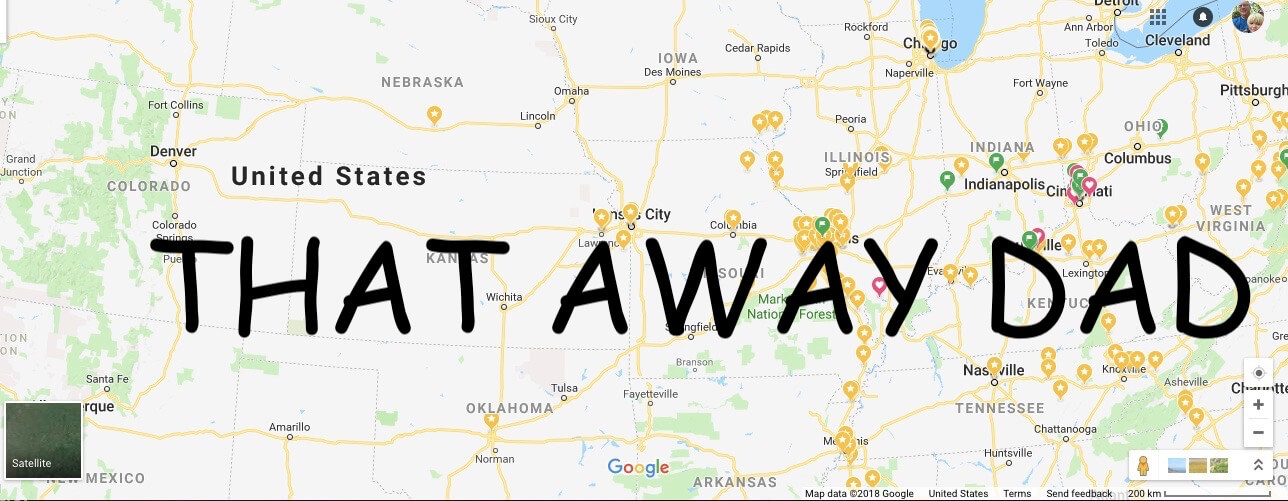See the French and Indian War era Fort Ligonier and visit the Allegheny Portage Railroad National Historic Site and learn about the first railroad to cross the Allegheny Mountains.
On a trip to visit family in the New York City area, we stopped at these two historic sites.
Our first stop was Fort Ligonier which shows what life was like in 1758 when it was built for the British Army which at one point numbered 5,000 people at this location. The French and Indian War took place before the American Revolution.

Checking Out the Fort
The fort includes artillery train or large guns going around the fort. There is an inner and outer section to the fort to help in defense.

General John Forbes’ hut where you can sit at his desk imagine running this fort.

Then we went to an underground powder magazine built on the original location.



Next, we toured a hospital ward, barracks, commissary, guardroom, and officers’ quarters. You can also see a smokehouse, storeroom, a sawmill, bake ovens, and a blacksmith’s forge.


Museum
The History Gallery tells the story of Fort Ligonier through our unique collection of archeological artifacts excavated from the site.

George Washington Gallery gives a glimpse of George Washington’s life as a British officer before the revolution. The collection includes a handwritten recollection of his years on the Pennsylvania frontier, known as the “Remarks,” which was written by George Washington around 1787.
An art gallery with a prime original of the fort’s namesake, Lord Ligonier, by the leading artist of the 18th century, Sir Joshua Reynolds, as well as Rembrandt Peale’s romantic portrayal of young George Washington in his Virginia Regiment uniform.
Also, a reconstruction of a parlor of Arthur St. Clair, who held high positions in the American Revolution and political posts in the formation of the U.S. government.
There is also a museum store.

DETAILS
Drive from St. Louis: Take Interstate 70 to Donegal Township take exit 91 and make a left onto Pennsylvania State Highway 31 then a right onto Pennsylvania State Highway 711 and stay on this road until you get to Ligonier and look for the fort on the right just after you cross U.S. Highway 30.
Admission: $15 for adults, $12 for ages 18-21, $8 for ages 4-17, and children three and under are free. $8 for active military, veterans, and law enforcement. $12 ages 62+
Hours: 10 a.m. – 5 p.m., Daily
Address: 200 S Market St, Ligonier, PA 15658

Allegheny Portage Railroad
A railroad museum that you can check out along U.S. Highway 20 between Altoona and Ft. Ligonier is the Allegheny Portage Railroad National Historic Site.

The first railroad to circumvent the Allegheny Mountains, the Allegheny Portage Railroad was the finishing piece of the Pennsylvania Main Line Canal. “The Portage” opened in 1834, marking the first time that there was one, direct route between Philadelphia and Pittsburgh.

Engineering Marvel
To surmount the Alleghenies, engineers built a series of ten inclines, five ascending and five descending, from the Hollidaysburg Canal Basin on the eastern slope to the Johnstown Canal Basin on the west. Stationary steam engines at the top of each incline pulled rail cars carrying canal boats up and over the mountains with ropes. From 1834 to 1854 the APRR served as an essential—if terrifying—feature of the main thoroughfare from Philadelphia to Pittsburgh and back.

Touring the Historic Site
The Visitor Center includes various exhibit areas and models including a life-size replica of a canal boat and the locomotive Lafayette, and artifacts from the Portage Railroad.

Behind the Visitor Center is a boardwalk that leads to other sites at the historic site.

You can see the area where stone was cut for structures for the railroad.

A wooden roundhouse that helped to put the boats along the rails from one canal to the other to get across the Alleghenies.

Then the Lemmon House where workers lived.

Another trail off the boardwalk leads to a Stone Arch Bridge.
DETAILS
Drive: Take Interstate 70 east from St. Louis then go north on Pennsylvania Highway 66 Turnpike (Toll Road). Next, make a right on U.S. Highway 22 and then exit onto Tunnel Hill Street and go south to the Allegheny Portage Railroad National Historic Site
Hours: 9 a.m. – 5 p.m., Daily
Admission: Free
Address: 110 Federal Park Rd, Gallitzin, PA 16641
MORE ROAD TRIP FUN

A Beach Day in Cleveland
Cleveland has beaches! We’re hoping to check out the beaches in Lake Erie when we’re visiting friends there. Here are a few possibilities for a day in the sun. Most beaches have free parking nearby but can be limited, which is very different from Florida, where you have to always pay for it. I will first talk about the eastern beaches since we will be staying on this side of the city then go into the western beaches.

Racing to Fun in Indianapolis
“Kiss the Bricks” is a tradition we learned at the Indianapolis Motor Speedway. Indianapolis was our weekend getaway during my husband’s spring break. The city is about three and a half hours away and has several fun things to do for a family.


